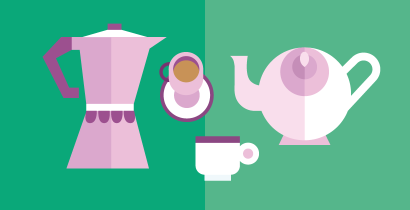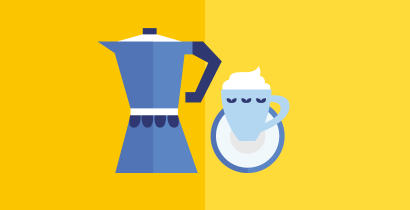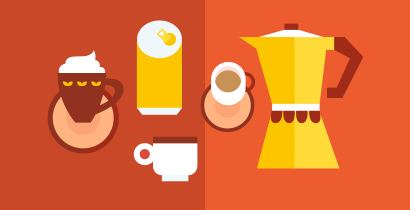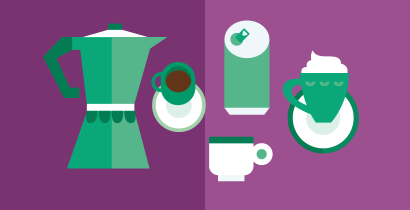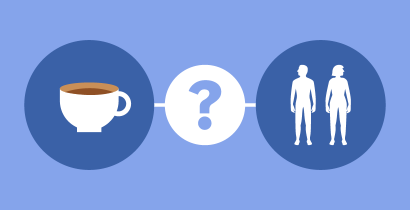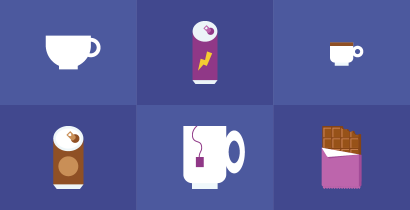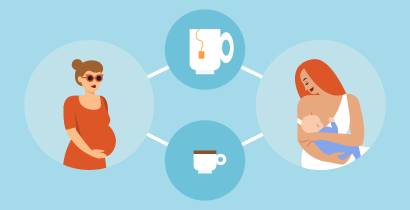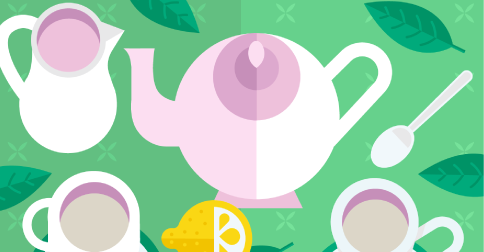Search results for caffeine.
7 Myths and Facts about Caffeine
Found in Whats in food 01 September 2002Caffeine is a naturally occurring substance (an alkaloid) found in the leaves, seeds and fruits of more than 63 plant species worldwide. Products containing caffeine including tea, coffee and some soft drinks have been enjoyed all over the world for many years.
Caffeine (Infographic)
Found in Whats in food 31 March 2019What are the effects of caffeine,how much is found in different products and what is a reasonable level of consumption all explained on one easy to understand infographic…
EFSA opinion on the safety of caffeine
Found in Whats in food 23 June 2015On 27th May 2015, the European Food Safety Authority (EFSA) published its scientific opinion on the safety of caffeine consumed through the diet. The report, prepared by the EFSA Panel…
Q&A on Energy Drinks: Caffeine and Other Ingredients
Found in Whats in food 06 July 2015‘Energy’ drinks are generally classified as drinks which aim to aid mental and physical stimulation and give an increased sense of alertness…
Caffeine (Q&A)
Found in Whats in food 08 December 2016Caffeine is a naturally-occurring substance found in some plant-based food and drink ingredients, such as tea leaves and coffee or cocoa beans (and therefore chocolate). It is added to other food and drink products like cola-based soft drinks…
What does caffeine do to our body?
Found in Whats in food 31 July 2024Coffee, tea, and many other foods and drinks contain caffeine. Explore the effects of caffeine on cardiovascular and digestive health, migraines, and hydration.
Caffeine levels in different foods and drinks
Found in Healthy living 31 July 2024Do you know how much caffeine is in your cup of coffee? This article discovers the variety of foods and drinks that contain caffeine and their caffeine levels.
Is caffeine good or bad for pregnancy and breastfeeding?
Found in Healthy living 31 July 2024If you are pregnant or breastfeeding you might need to reduce caffeine intake. This article explores the safety of caffeine when pregnant or breastfeeding.
Bioactive compounds
Found in Category landing pages 23 January 2017…of bioactive compounds commonly found in our diets are caffeine, polyphenols, and flavonoids.
Tea: Health and hydration
Found in Healthy living 08 October 2016Tea has been used as a refreshing drink for centuries. Tea is said to have health benefits - does the latest scientific evidence support this? Is tea a healthy source of hydration?
